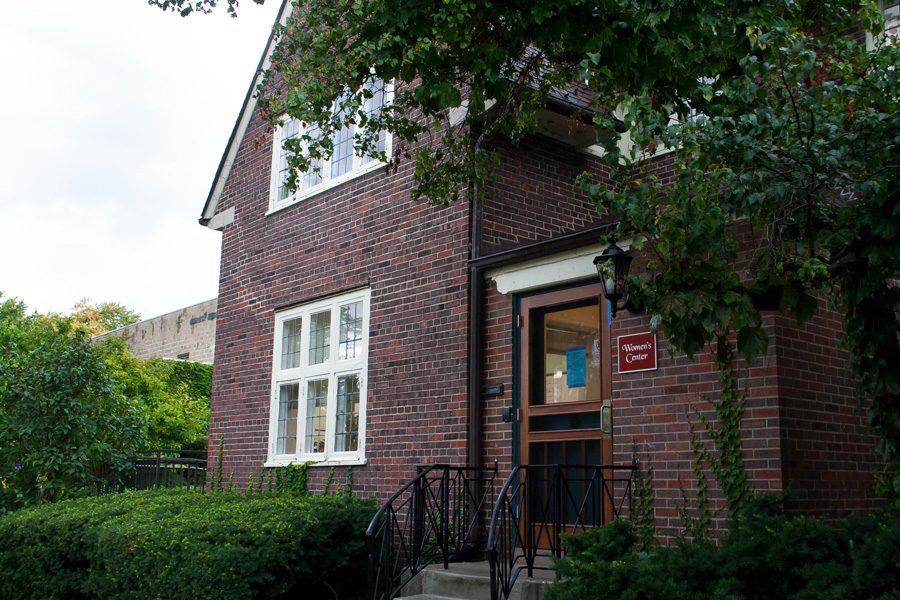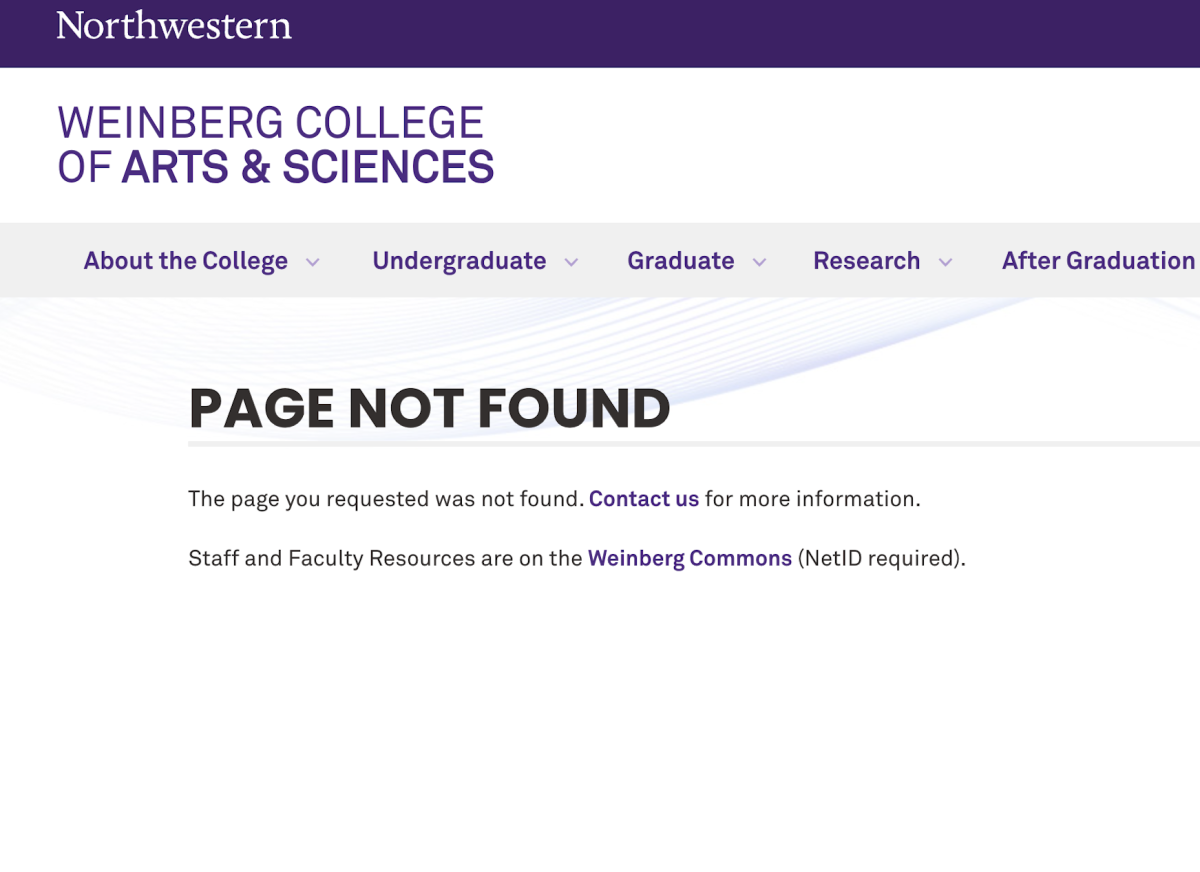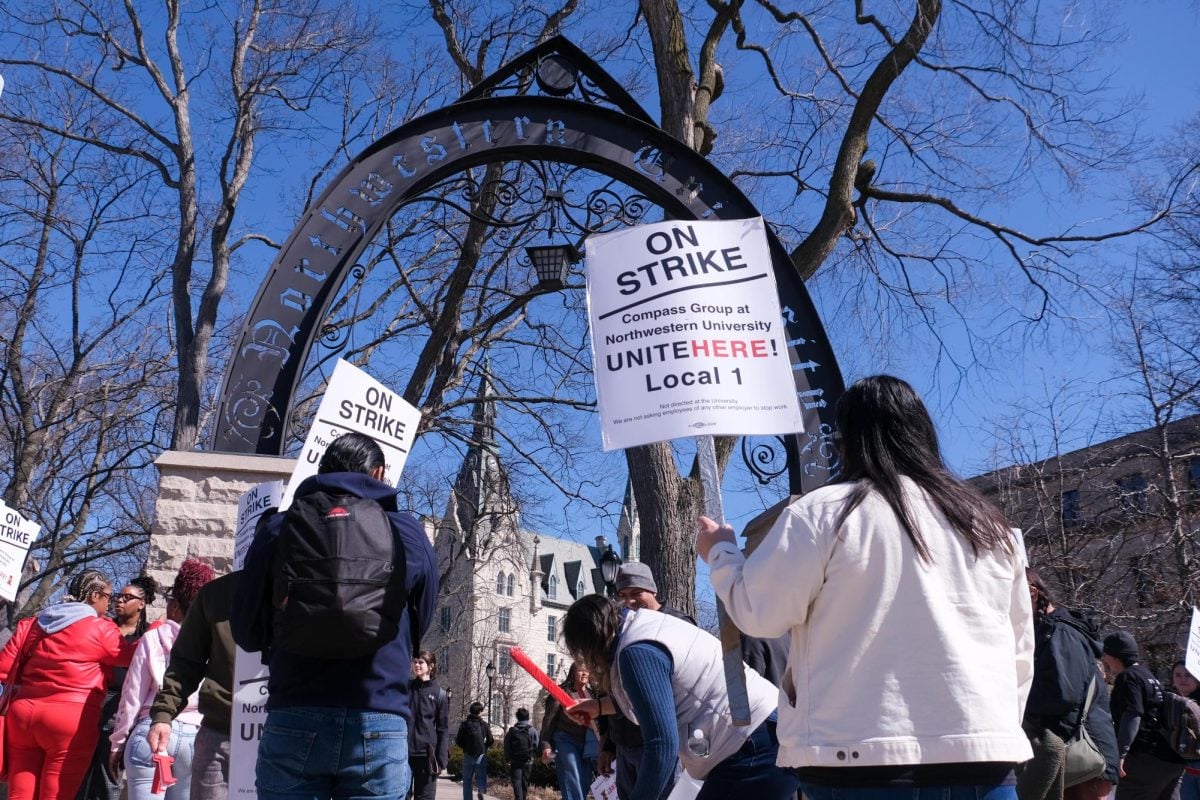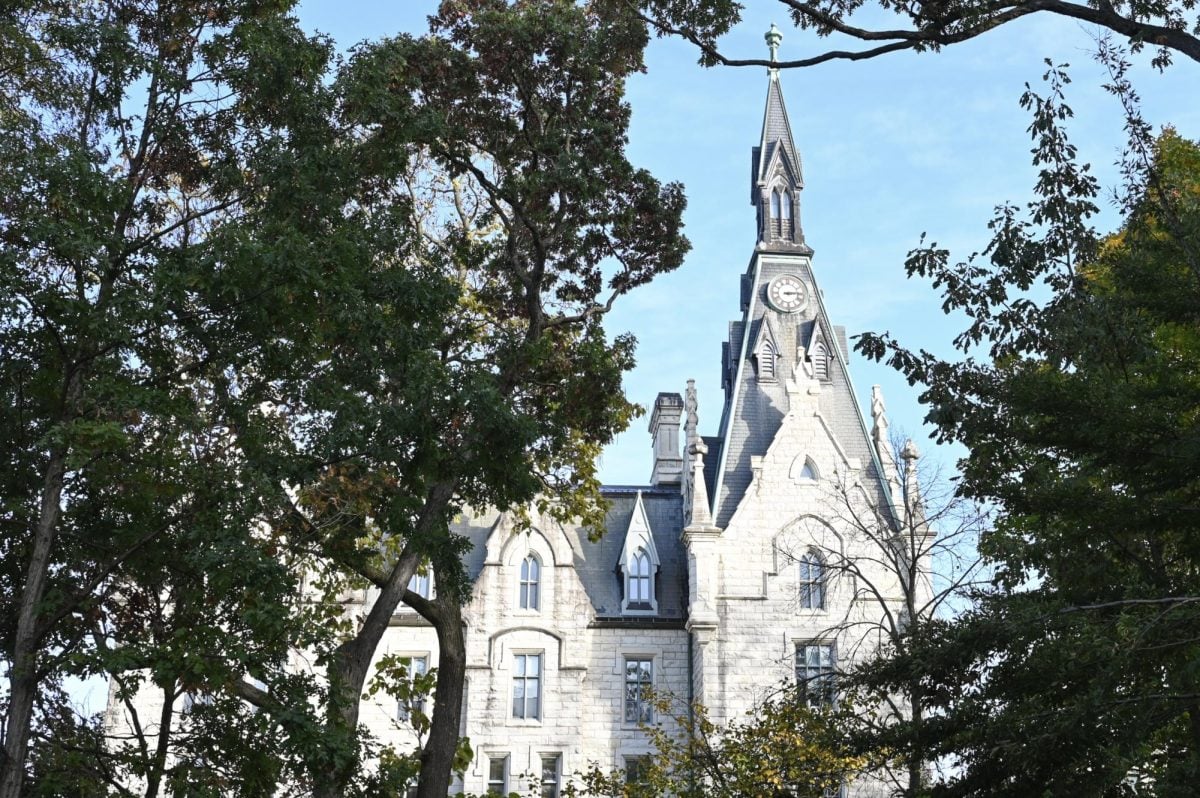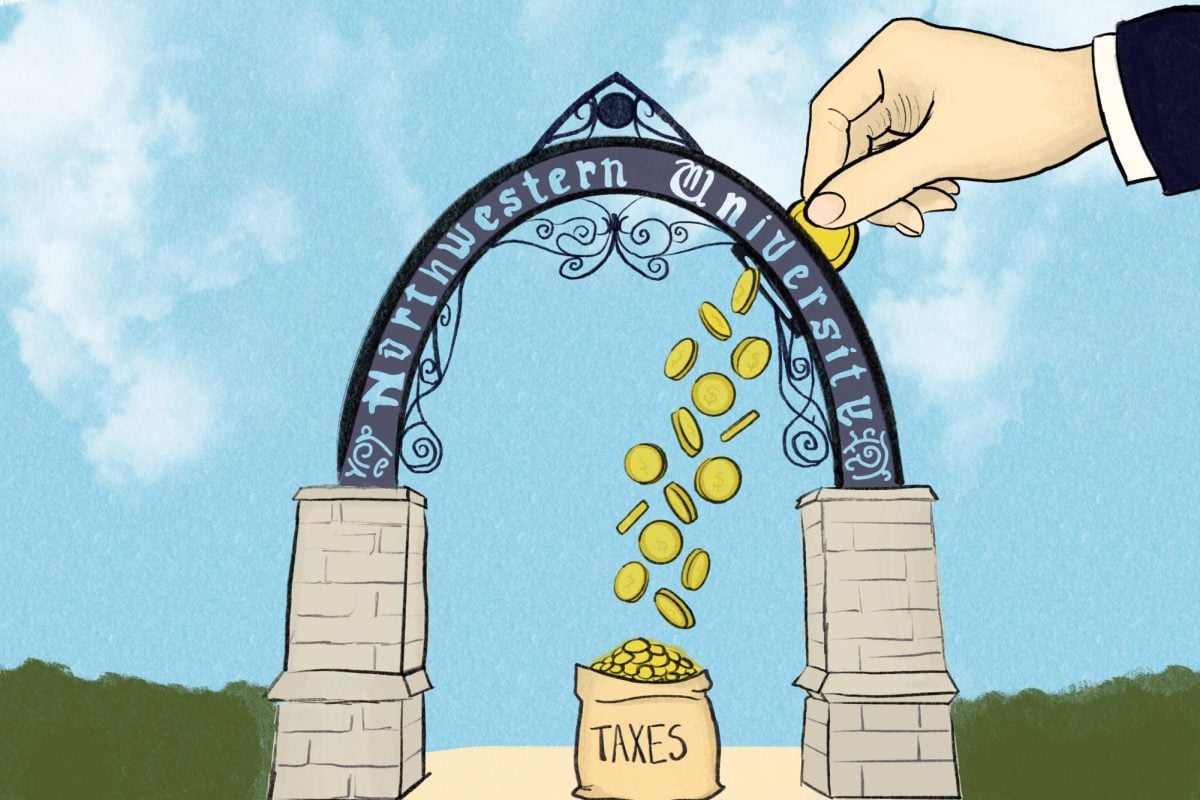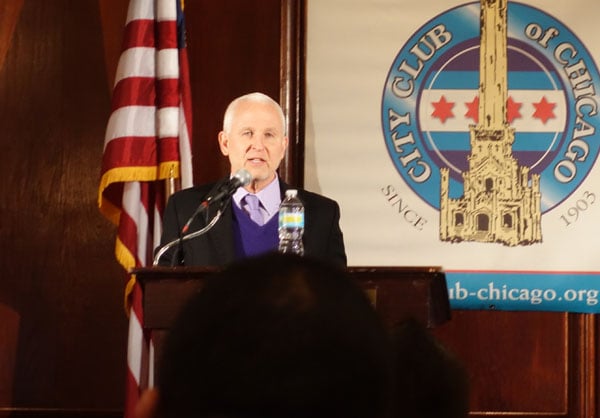
Northwestern President Morton Schapiro advocated Wednesday for paying the price of higher education during a speech in Chicago.
Schapiro spoke about the economics of higher education at a luncheon put on by the City Club of Chicago, a non-partisan nonprofit organization that focuses on civic issues, according to its website. It invites various civic leaders to speak at events multiple times per year, City Club Executive Director Tweed Thornton said.
“(Our job is) to be a stage that can connect the City Club of Chicago members and the citizens of Chicago to these leaders,” Thornton said.
In his speech, Schapiro addressed what he called “six misconceptions about American higher education.” Among these “misconceptions” were the devalue of graduating college with debt, the inability to obtain sufficient financial aid at private schools and the questionable practicality of liberal arts majors.
Schapiro said NU is one of the 31 “highly selective” schools in the Consortium on Financing Higher Education, which focuses its research in part on the affordability of attending college, according to its website. These schools are pricey but worth taking out loans and incurring debt to attend, Schapiro said. This, he said, is in part because graduation rates are higher than at some cheaper, but underfunded, schools.
Schapiro sought to debunk the perception that selective schools are unaffordable. NU is among the 123 schools in the nation that charge $50,000 or more per year, Schapiro said, but of the 600,000 students that attend these institutions, just half are paying full price. Additionally, he said, less than 2 percent of all college students in the country are paying $50,000 or more on tuition yearly.
Michael Mills, NU’s associate provost for enrollment, told The Daily last week that about 45 percent of NU students are receiving financial aid.
Mills said the University spent $94 million in financial aid scholarships in 2010. This number jumped to $106 million in 2011 and $119 million in 2012.
“The financial aid formula is much more generous than a few years ago,” Schapiro said. “The increase in need-based aid in the past five years makes (NU) much more affordable.”
Schapiro also addressed the social payoff of obtaining a bachelor’s degree, saying those who do are more likely to vote, volunteer and make healthier choices. He also spoke in favor of funding the humanities, despite the fact that the careers stemming from these majors may be less lucrative than those related to science, technology, engineering and mathematics.
“We might be rich (if we only focused on funding STEM majors), but would it really be life worth living without literature and all that?” Schapiro asked.
John Ross, director of business development at Affiliated Engineers, an engineering design firm working on some campus construction, attended the speech. He said Schapiro helped him realize that sending his daughters to college does not have to be so financially daunting.
“He took assuage to some of my fear of my two young daughters going to higher education institutions,” he said.
Dan Valliere, executive director of Chicago Commons, which helps foster self-sufficiency in disadvantaged neighborhoods, said he enjoyed Schapiro’s analysis of higher education’s value.
“He’s framing education as an investment,” Valliere said. “He’s showing the complexity, and I think that’s key.”





